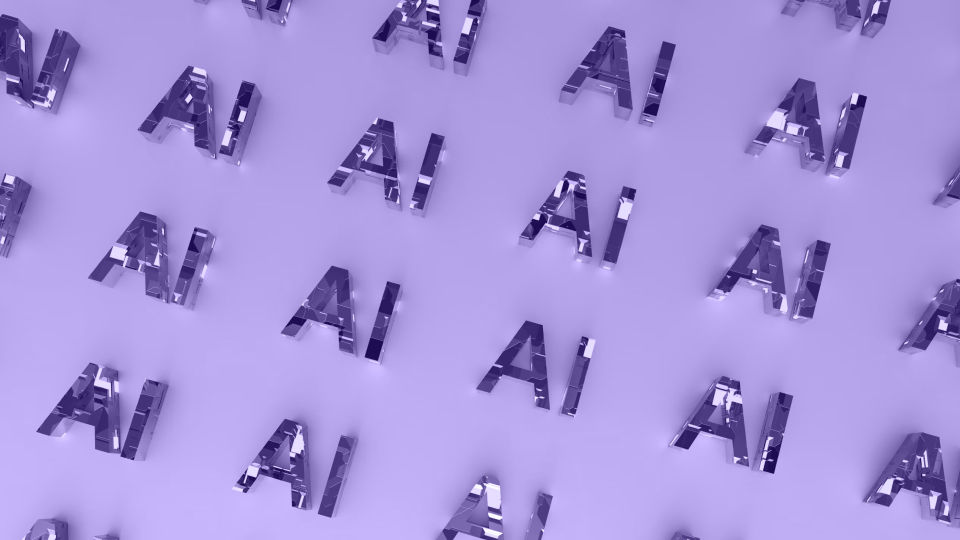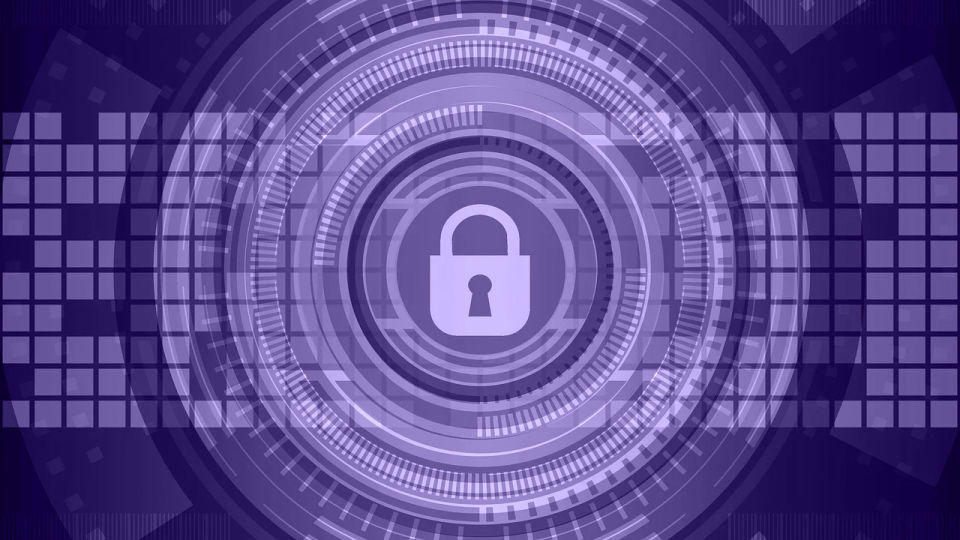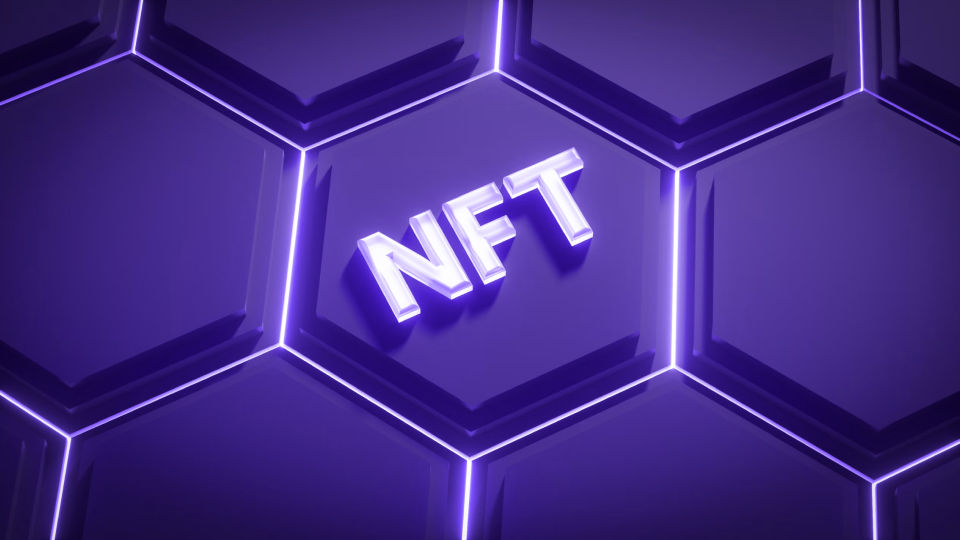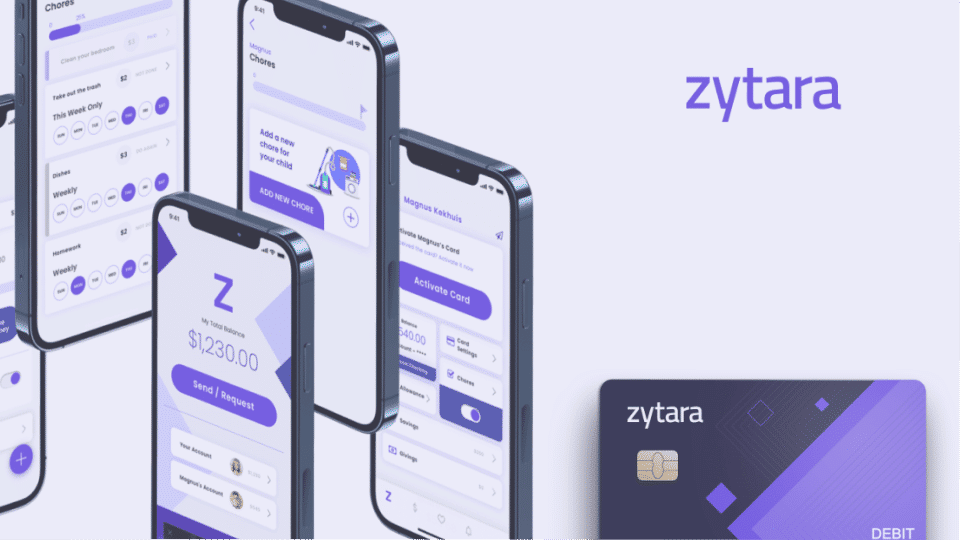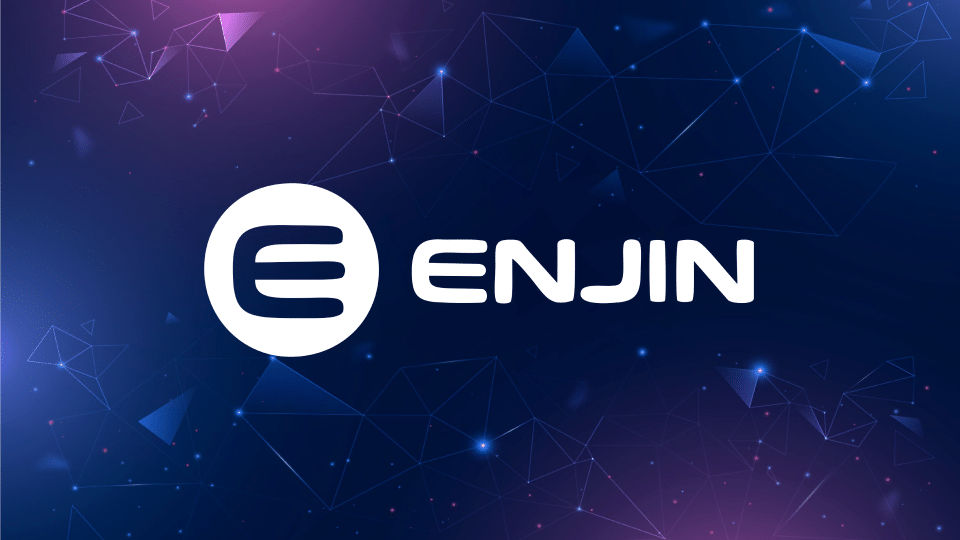As awareness of mental health grows, there is no doubt that therapy is a thriving industry. The most recent reports on mental health spending indicate that they have become the most expensive medical expenses in the world, amounting to over $ 200 billion. More and more people need help, more and more people recognize that they need it, and more and more people are looking for it.
With increasing demand, wellness and technology companies are joining together to make therapy more affordable. The mobile portals provide the patient with affordable and affordable attention when (and where) you need him most. While applications make the process infinitely more convenient, do texting help your GP?
First, what are the types of therapeutic applications?
As you would expect, there are currently several different types of applications on the market. Many of them offer a combination of these services, but after watching some of the best applications and several new releases, we will consider the following:
- one on one chat application
- group chat support
- individual video counseling
- consultation from a team of therapists that acts as a single voice
- automated applications for tracking moods and habits
Depending on the application, a set of skills is offered, including trained volunteer listeners, trainers, social workers, licensed therapists, psychologists and psychiatrists. The same goes for price: you can find anything from free volunteer listeners, although most applications seem to range from $ 30 to $ 40 per week. Some of them are more expensive, and the more qualified your therapist, the higher the cost.
Is there anything wrong or bad in gamification therapy?
“No, I don’t think so,” said Bea Arthur, one of the first women to disrupt traditional conversation therapy in 2011 with her first startup In Your Corner. She mentioned that only 23.9 % of adults have clinically diagnosed with mental illnesses. Although we all deal with stress related to mental health, for most people this is not a serious problem. “Forty-two percent of people who signed up for therapy with In In Corner (formerly the Pretty Padded Room) have not tried therapy before. Doing this online reduces barriers, ”she said.
I was thinking about therapy. Should I try the app?
Therapists agree that applications can be a good first step into the world of therapy, especially if you do not spend time traveling to and from the doctor or don’t want to bear the sometimes ridiculously expensive cost of traditional therapy.
Dr. Elizabeth Lombardo, a licensed practicing psychologist with a master's degree in physiotherapy and a Ph.D. in psychology added: “People learn and make changes in different ways. For some, writing (like text messaging) is more powerful than speaking (traditional therapy). ” So if you really like to write text messages, a text therapy app can be a good place to try.
Arthur said applications also help minimize the time of a stimulating event. Traditional therapy - and even some applications - often require a number of questions, the process of choosing a therapist and working with insurance. Many applications seek to simplify this process for users by breaking through barriers.
In short, mobile apps have a role to play in addressing anxiety, depression, and potentially suicide, and technological options continue to expand and improve.
If you are interested in how software has been leveraged extensively in the healthcare industry - you can read an interesting article about it
here.

PM Lead at Geniusee
2019-10-24 / Modified on 2019-10-24
Enjoy this blog?
Please, spread the word :)




